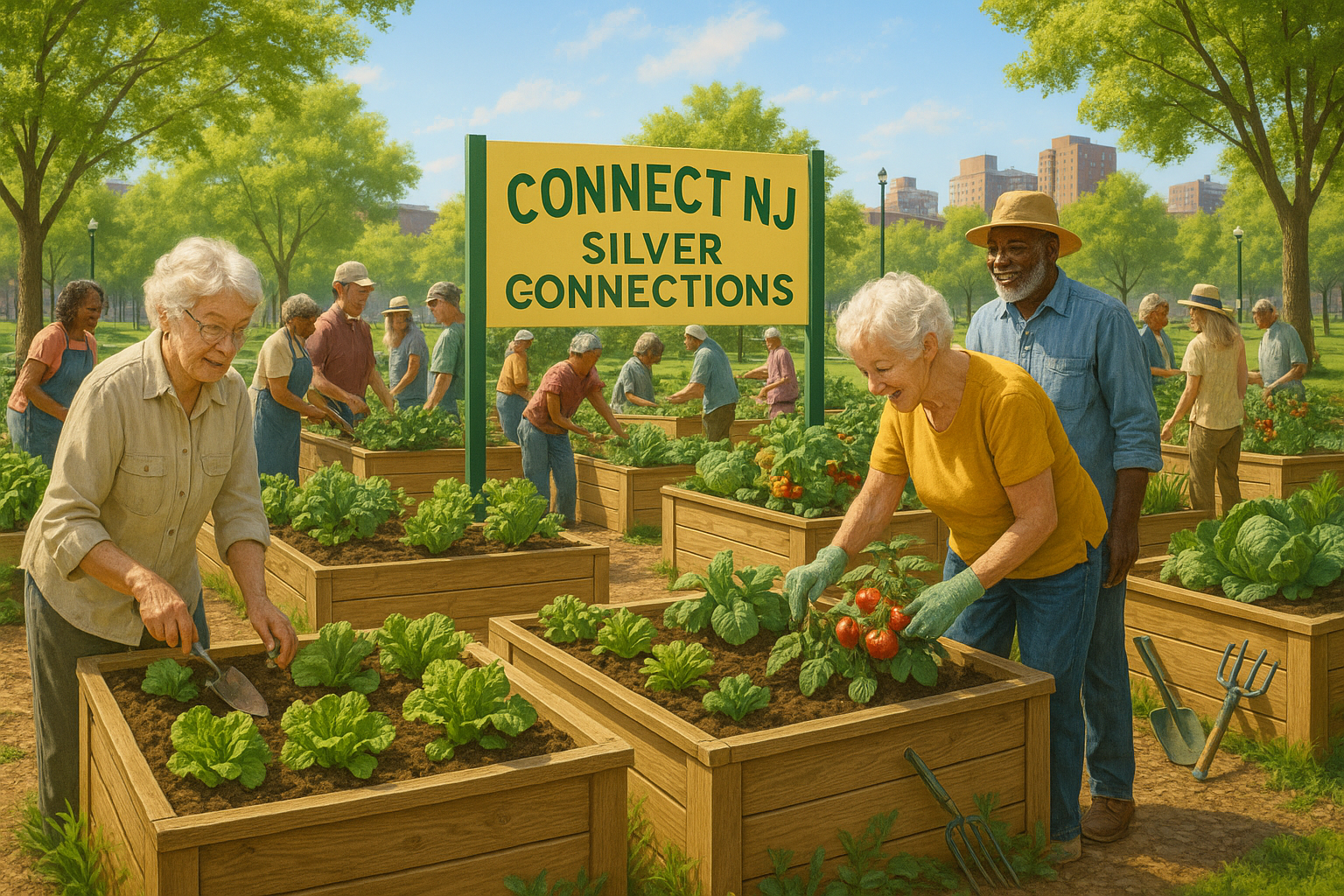Navigating Urban Parenthood: Challenges and Triumphs in Chicago and New York City

CHICAGO & NEW YORK CITY – Raising children in the bustling metropolises of Chicago and New York City presents a unique tapestry of challenges and unparalleled opportunities. The urban landscape, with its towering skyscrapers, vibrant cultural scenes, and relentless pace, shapes the parenting experience in ways that differ significantly from suburban or rural environments. From the high cost of living and competitive schooling to the constant quest for green spaces and a sense of community, urban parents in these iconic cities navigate a complex terrain. This article delves into the realities of urban parenthood.
The Urban Gauntlet: Common Challenges for City Parents
1. The High Cost of Living: A Constant Financial Squeeze
One of the most immediate and pervasive challenges for parents in Chicago and New York City is the exorbitant cost of living. Housing, childcare, and education expenses can consume a significant portion of a family’s income, often forcing difficult financial decisions. Rent for even modest apartments can be astronomical, and the demand for quality childcare centers drives up prices, making it a luxury for many. Private schooling, while an option for some, is often out of reach, placing immense pressure on parents to secure spots in desirable public school districts, which in turn can dictate housing choices and further inflate costs [1].
AI Insight: The economic pressure cooker of urban environments can inadvertently lead to increased parental stress and reduced quality time with children. Parents may find themselves working longer hours or taking on multiple jobs to make ends meet, potentially impacting family dynamics and the availability of parental support. This financial strain can also limit access to extracurricular activities or enrichment programs that are often readily available and more affordable in less dense areas.
2. The Quest for Space: Green Oases in a Concrete Jungle
Access to adequate living space and green areas is another significant challenge. Apartments are often smaller, and private outdoor spaces are a rarity. While both Chicago and New York boast impressive public parks, navigating them with young children can be a logistical challenge, and they can become overcrowded, especially during peak hours. The lack of easy access to nature can impact children’s physical activity levels and their connection to the natural world, necessitating intentional efforts from parents to seek out and utilize available green spaces [2].
3. Navigating the Daily Grind: Commutes and Logistics
Urban life often means longer and more complex commutes, whether by public transportation or car. This can eat into valuable family time, making school drop-offs, pickups, and after-school activities a logistical puzzle. The sheer density of people and traffic can add to daily stress, and the reliance on public transport, while efficient, can also present challenges with strollers, young children, and inclement weather. Parents often become masters of scheduling and efficiency, meticulously planning their days to accommodate the demands of urban mobility.
4. The Search for Community: Finding Your Village in the Metropolis
Despite the millions of people, finding a strong sense of community can be surprisingly difficult in large cities. Neighbors may be transient, and the fast-paced lifestyle can make it challenging to form deep connections. Parents often have to actively seek out and cultivate their
own support networks, whether through school communities, parent groups, or local organizations. This intentional effort to build a “village” is crucial for emotional support, shared experiences, and practical help [3].
Triumphs and Opportunities: The Unique Advantages of Urban Parenting
Despite the challenges, raising children in Chicago and New York City offers unparalleled advantages and unique opportunities that can enrich a family’s life in profound ways.
1. Cultural Immersion: A World at Your Doorstep
Urban environments are melting pots of cultures, ideas, and experiences. Children raised in Chicago and New York City are exposed to a rich tapestry of museums, theaters, diverse cuisines, and cultural festivals from a young age. This constant immersion fosters a broader worldview, encourages open-mindedness, and cultivates a deep appreciation for diversity. Access to world-class institutions, from the Art Institute of Chicago to the Metropolitan Museum of Art, provides endless learning opportunities that are often just a subway ride away [4].
AI Insight: This early and consistent exposure to diverse cultures and ideas can significantly enhance a child’s cognitive development and social intelligence. The ability to navigate different social contexts and interact with people from varied backgrounds is a critical skill in an increasingly globalized world. Urban environments, by their very nature, provide a living laboratory for developing these essential competencies.
2. Educational Excellence: A Plethora of Choices
Both Chicago and New York City boast a wide array of educational options, from highly-rated public schools and specialized magnet programs to a diverse selection of private and charter schools. While competition for top schools can be fierce, the sheer volume of choices means parents can often find an educational environment that best suits their child’s individual needs and learning style. Beyond traditional schooling, the cities offer countless enrichment programs, workshops, and after-school activities in every conceivable interest, from robotics to performing arts [5].
3. Career Opportunities and Professional Growth: Leading by Example
Urban centers are hubs of economic activity and innovation, offering a vast landscape of career opportunities for parents. This allows many parents to pursue ambitious professional goals while raising a family, setting a powerful example for their children about dedication, hard work, and achieving aspirations. The proximity to diverse industries and networking opportunities can also provide a strong foundation for children’s future career paths, exposing them to a wide range of professions and mentors.
4. Public Transportation and Walkability: Fostering Independence
Unlike many suburban or rural areas, urban environments often have robust public transportation systems and are highly walkable. This can foster a sense of independence in older children and teenagers, allowing them to navigate the city safely and efficiently on their own. Reduced reliance on cars can also lead to a more active lifestyle and a smaller carbon footprint, aligning with contemporary values of sustainability and urban living.
Navigating the Balance: Strategies for Thriving Urban Families
Thriving in the urban parenting landscape requires intentional strategies and a proactive approach. Here are some key areas:
•Financial Planning: Meticulous budgeting, exploring affordable housing options, and leveraging public resources for childcare and education are crucial.
•Community Building: Actively seeking out parent groups, school communities, and neighborhood associations to build a strong support network.
•Utilizing Public Spaces: Making the most of parks, libraries, and free cultural events to provide enriching experiences without breaking the bank.
•Prioritizing Family Time: Intentionally scheduling quality family time amidst the city’s hustle, whether it’s a walk in the park, a visit to a museum, or a quiet evening at home.
•Embracing the City: Viewing the city itself as an extended classroom and playground, encouraging children to explore and engage with their urban environment.
Conclusion: The Resilient Spirit of Urban Parenthood
Raising children in Chicago and New York City is undoubtedly a demanding endeavor, but it is also an incredibly rewarding one. The challenges, while significant, are often met with an extraordinary level of resilience, creativity, and resourcefulness from urban parents. The unique opportunities for cultural immersion, educational excellence, and personal growth offered by these dynamic environments shape children into adaptable, globally aware, and independent individuals. The stories of these families are a testament to the enduring spirit of urban parenthood.










